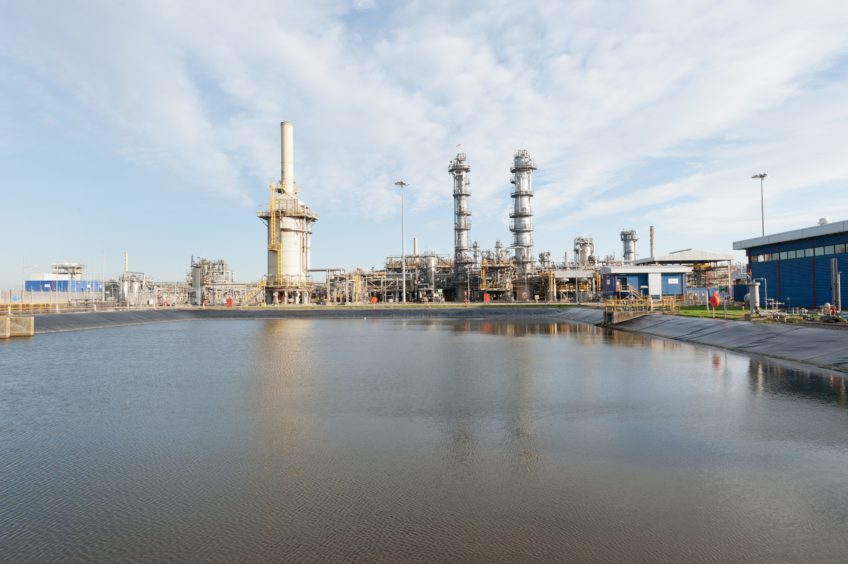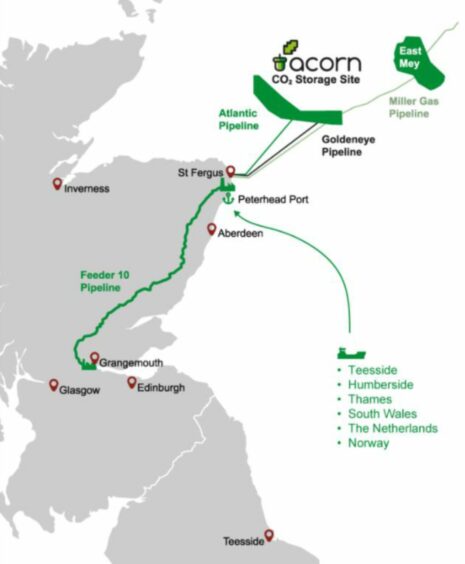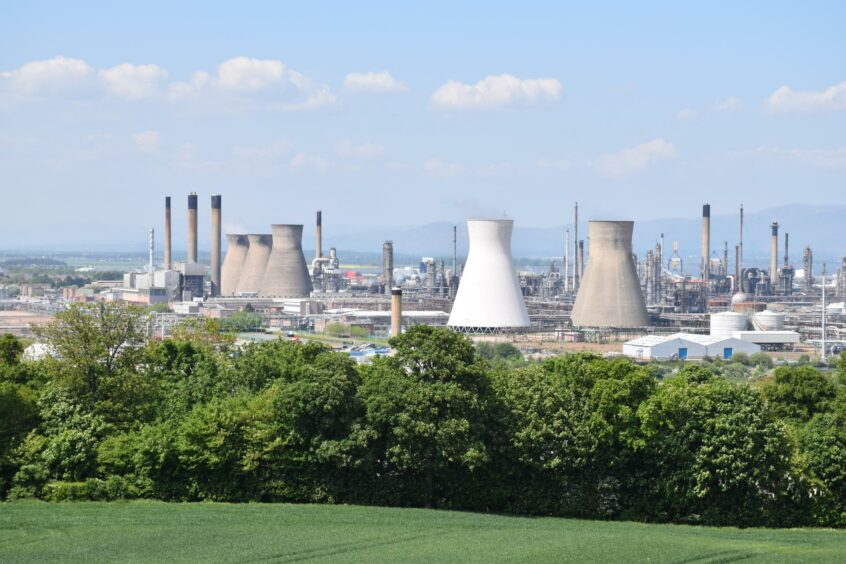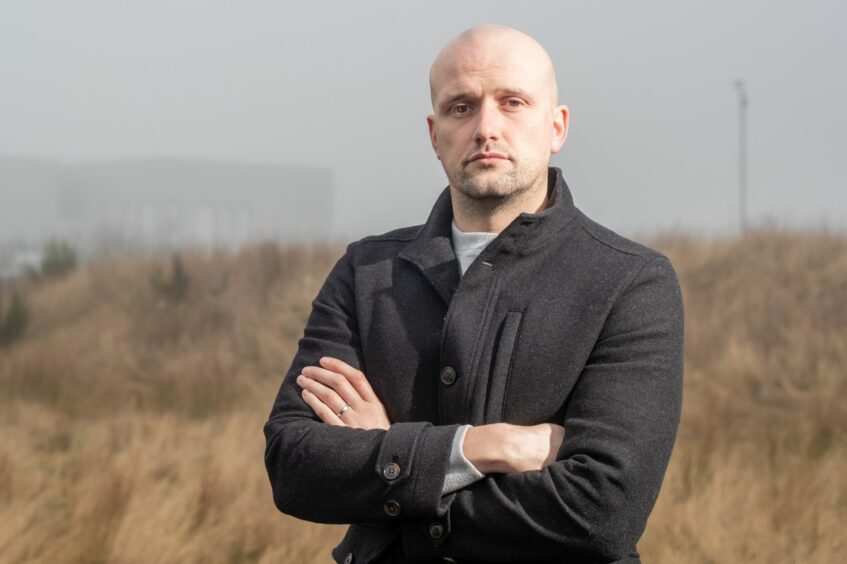
A government minister has pledged to accelerate the second phase of the UK’s carbon capture and storage (CCS) rollout.
In an exchange in the House of Commons, Graham Stuart confirmed plans to speed up ‘Track 2’ of the cluster sequencing process.
It is good news for Aberdeenshire’s Acorn CCS project, which is widely expected to be one of the projects selected as part of the next cohort.
During a debate on Tuesday, Sir Desmond Angus Swayne, Conservative Member of Parliament for the New Forest West, asked: “Will he (Mr Stuart) expedite the Track 2 process for carbon capture and storage.”
In reply, Mr Stuart simply said: “Yes”.
Track 2
There has been frustration about the government’s delay in publishing a timeline for the launch of Track 2.
A senior figure at Shell, which has a stake in Acorn, told a committee in July that “urgent clarity” is needed on how the scheme can progress.
Around a year has now passed since the Track 1 clusters – HyNet and the East Coast Cluster – were announced.
The aim is for the two schemes, located in the north of England, will be safely storing carbon from nearby emitters by the middle of the decade.
The Scottish Cluster – a shoe in?
To the surprise and anger of many, particularly in the north-east, the Scottish Cluster, which includes Acorn, didn’t make the cut, and was instead picked as the reserve cluster.
There are concerns this will delay the start-up of Acorn, based at the St Fergus gas plant, thereby hampering investment and job creation in the north-east.
A number of energy schemes, including SSE Thermal’s Peterhead power station and the Grangemouth oil refinery, also plan to tap into the CCS system.
Having been picked as the reserve cluster, it is generally accepted, though not guaranteed, that the Scottish Cluster will be successful in Track 2.
Professor Stuart Haszeldine, director of Scottish Carbon Capture and Storage (SCCS), said: “This on the record statement by Graham Stuart MP, Minister for climate is a very welcome boost of confidence for Acorn. Scottish protagonists of CCS, as part of a solution for sustainable climate, have been aggrieved for many months that UK government is missing the opportunity to open up huge resources for CO2 storage in the Central North Sea.”
A report released by trade body Offshore Energies UK (OEUK) earlier this year identified the north-east as a potential epicentre for CCS.
It came with a warning though that, that benefits arising from the industry, expected to be worth £100 billion, could vanish unless the pace of deployment in the UK quickens.
A sensitive subject
The UK Government’s decision to snub the Scottish Cluster was particularly sore given the history of CCS in the region.
In 2015, Westminster opted to pull the plug on a £1bn funding competition for the technology, in which a project at the Peterhead Power Station was a frontrunner.
Responding to Mr Stuat’s pledge to speed up Track 2, Stephen Flynn, SNP MP for Aberdeen South, said: “This is undoubtedly very welcome news, but I am wary that we’ve had warm words before only to be let down.
“What we now need is for the UK Government to set out a timeline with key dates for the Track 2 process including when successful bids will be announced.
“The Scottish Cluster was the obvious choice for selection at Track 1 and holds an even stronger case now as part of the Track 2 process.
“The North East cannot afford to be snubbed again by the UK Government and it is absolutely imperative to governments across these isles that the Scottish Cluster is taken forward.”
US ‘catching up’
Responding to Mr Stuart’s comments Steve Murphy, founder of Storegga, the lead developer for the Scottish Cluster, said: “It is reassuring to hear the government agrees we need more pace to accelerate the UK’s CCS industry. The UK is a world leader in industrial decarbonisation technologies, but we risk stalling at the first two ‘track one’ CCS clusters. It has been a year since the first two clusters were given the go ahead by the government in time for COP 26.
“The rest of the industrial clusters around the UK are preparing their vehicles as best they can, but they cannot hit the accelerator until the government sets out the pathway to a UK-wide industry.
“Meanwhile, countries like the US are catching up and overtaking with bold government intervention to decarbonise industry and transition to a cleaner future. We must do the same. Our industries, their employees and their communities depend upon it. With the world stage of COP 27 just around the corner, the UK must ensure it continues to be a showcase for the energy transition.”




